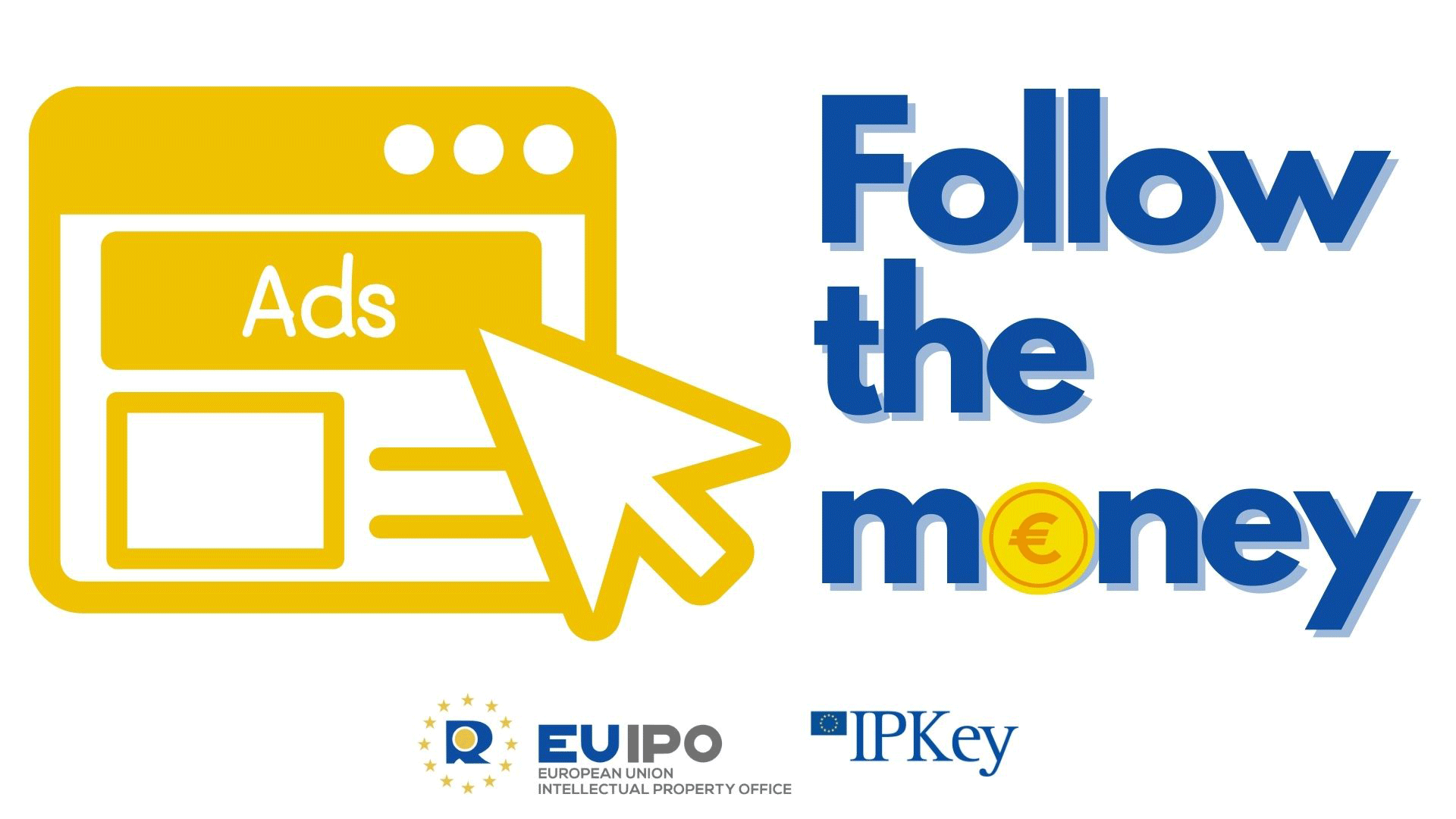Follow the money: disrupting ad revenue to combat IP rights infringement
Online piracy is big business, and so is advertising on piracy platforms.
A study by the European Union Intellectual Property Office (EUIPO) estimates that between January and September 2021 advertising on 5 758 websites and 538 apps considered to infringe copyright or disseminate counterfeit goods on a commercial scale generated revenue of EUR 969.8 million across the world. In the 18 EU countries monitored in the study, the estimated ad revenue was EUR 102.5 million, an increase of 40 % from the same period in the previous year.
Infringement of intellectual property (IP) rights hurts society in different ways. As IP rights-intensive industries represent a large part of today’s economy (47 % of the GDP and 29.7 % of jobs in the EU from 2017 to 2019), IP rights infringement causes significant damage in terms of lost sales, jobs and tax revenue, not to mention how it impacts creativity and innovation. The EUIPO estimated that lost sales in 11 sectors in the EU as a result of counterfeiting totalled more than EUR 83 billion per year from 2013 to 2017.
To deal with this alarming situation in the EU, the European Commission has facilitated a memorandum of understanding to minimise the placement of advertising on websites and mobile applications that infringe copyright or disseminate counterfeit goods. The hope is that this will curtail the revenue of these websites and apps. To date, 30 companies and associations engaged in online advertising activities, including Google and Adform, have signed this voluntary agreement. The MoU adopts the ‘follow the money’ approach to IP rights enforcement, which seeks to disrupt the revenue sources of commercial-scale infringers.
Since the signing of the MoU in 2018, the European Commission and the EUIPO have conducted a series of studies on the impact of the MoU on the online advertising market. Although the studies cannot state, due to the complex nature of the online advertising industry and how impact can be measured, that the MoU has empirically reduced advertising on IP rights-infringing websites and apps, the increased estimated ad revenue in the rest of the world where measures against ad-funded piracy are not as advanced as those in the EU is far greater (an increase of 40 % in the EU but 241 % in the rest of world from 2020 to 2021).
In South-East Asia, Thailand became the first country to put in place a similar MoU to tackle the issue of IP rights-infringing websites and apps as well as IP rights-infringing ads. The agreement was signed in October 2022 by the Department of Intellectual Property, three advertising associations and more than 20 IP rights owners. Its rationale is that such an MoU will ‘enhance confidence of foreign investors’ and ‘contribute to the development of the Thai digital economy’.
IP rights-infringing websites and apps profit from their infringing activities and the advertising on their platforms. Trying to cut their sources of income and hitting where it hurts most can put a great deal of pressure on infringers. Widespread adoption of such MoUs on online advertising will make it harder for infringers to conduct their illegal business. This will reduce losses in an economy and add more socio-economic benefits to society.
For more information on the MoU and the studies of its impact, visit the European Commission’s Memorandum of understanding on online advertising and IPR webpage.
